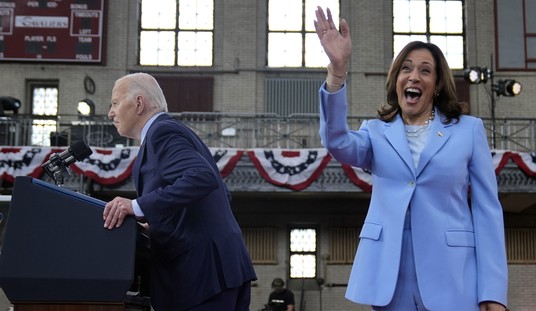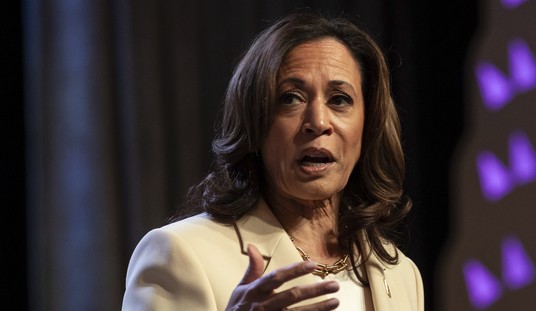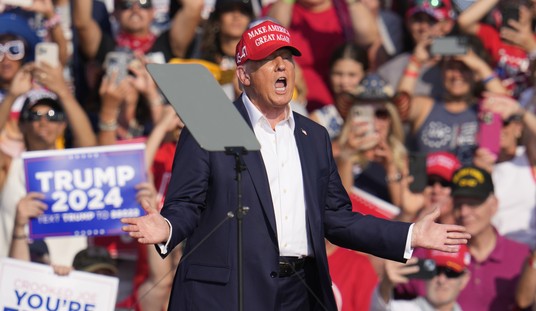Back in early 2006, Fred Siegel dubbed H.L. Mencken the seemingly contradictory descriptive of “Anarcho-Authoritarian“:
Part of the reason it’s so hard to make sense of Mencken is that he was, paradoxically, an anarcho-authoritarian. He agreed with the American Civil Liberties Union on the importance of free speech. But while that organization, under the influence of principled men such as Felix Frankfurter, argued for such freedoms on the grounds that “a marketplace of ideas” (to use Justice Holmes’s term) was the best method of arriving at the truth, Mencken supported it in order to shield superior men like himself from being hobbled by the little people. For the same reason, Mencken was a near anarchist when it came to America, but an authoritarian when it came to the iron rule of the Kaiser and General Ludendorff. We are more familiar with anarcho-Stalinists such as William Kunstler, who had a parallel attitude toward the United States and the Soviet empire, but it was Mencken who blazed the trail down which Kunstler and his ilk would travel.
Reading Roger L. Simon’s profile of Vanessa Redgrave, it seems safe to say that she’d qualify as an Anarcho-Authoritarian as well:
Vanessa has another side as a (sometimes Trotskyist) political activist. This week we learn she has been helping Guantanamo suspects, including one Jamil el-Banna accused of









Join the conversation as a VIP Member